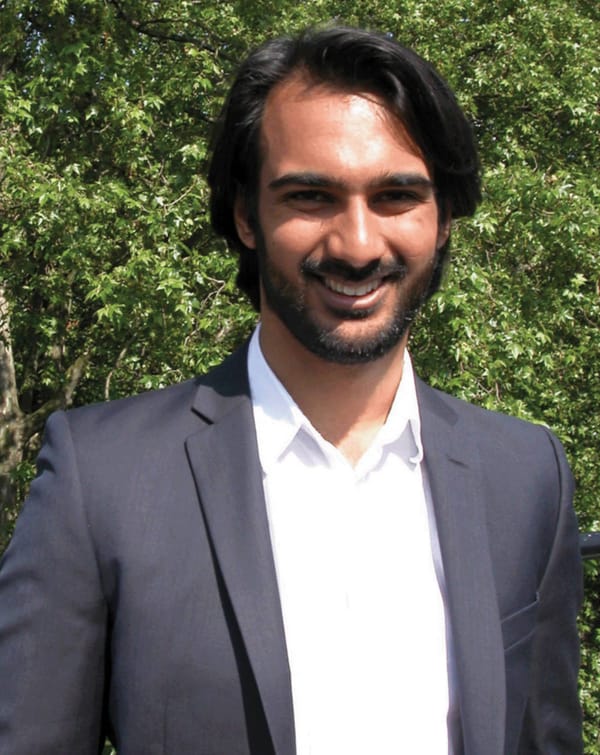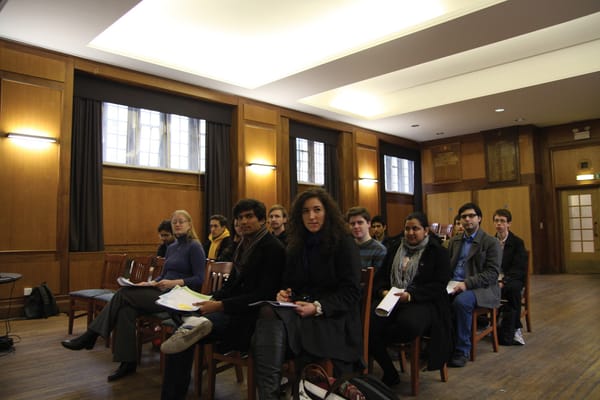Exeter declares £9,000 fees
First non-Russell Group university to aim for highest rate
The University of Exeter has announced plans to raise its undergraduate fees to £9,000, the new threshold set by the government last December.
This comes weeks after Imperial College officially revealed plans to raise its fees, however Exeter’s news marks it as the first non-Russell Group University to be raising tuition fees to the maximum of £9,000. Although the proposal still has to be approved by the Office for Fair Access, eyebrows have already been raised at the fact that all courses at Exeter will require the maximum fee, only days after Universities Minister, David Willets, said in a speech that arts courses should not cost anymore than £6,000.
It also raises the question of whether the price a University charges for its degrees will change how potential applicants perceive it. In terms of fees, Exeter will now be in the same price bracket as Imperial, and almost definitely, Oxford and Cambridge.
Aaron Porter, President of the National Union of Students commented on the issue to Felix, stating “No University should be making a decision about the level of fees it is charging to create prestige. The system the Government have imposed is a mess and poor value for students…”. And whilst the decision of Exeter’s fees will still be reviewed by the Office for Fair Access, Porter has little confidence it its effectiveness, commenting that “The Office for Fair Access has no power to enforce any access agreements nor to regulate the market and the Government is on thin legal ice in suggesting it might do so. I see no disincentive for universities to not charge the highest possible amount”.
When asked about the potential effect these moves could have on the reputation of Imperial College, Alex Dahinten, Deputy President (Education) responded with: “In my opinion, Imperial’s reputation will not be affected by non-Russell Group Universities charging similar fees to us … I do however feel that some other Universities may struggle to justify setting fees in this region”.
Defending Imperial’s decision to raise fees he added “he reason why Imperial can (and must) charge these fees is a combination of our International reputation as well as the undeniable fact that is costs much more to run science-based course than it does to run arts or humanity based ones. When averaged out across courses, Imperial is expecting students to pay approximately as much as it costs for Imperial to educate them and guarantee a high-quality student experience”. Although he couldn’t comment on Exeter’s outreach programs or the quality of the courses they teach, he did feel that Universities that were planning to charge as much as top Universities should reconsider and much like David Willets, could not see the justification behind charging as much for an arts degree as for a lab-based science degree.
Not surprisingly, the recent announcements concerning fees from Universities (and many more rumoured to be in the pipeline) are worrying prospective applicants who will be in vast amounts of debt no matter where they study if the number of universities raising their fees keeps up at the current rate and are increasingly going to look at graduate employers to pull them out of it.
GlaxoSmithKline (GSK) have announced a scheme along these lines with which they will guarantee to pay off their graduates intakes’ tuition debt on completion of 2 years work at the company. The practicalities of the plan have not been disclosed yet as it will only affect graduates who will start their degree in 2012, which is when the uncapped fees come into effect.
A GSK spokesperson told Felix that the scheme would not only cover the costs of those who had paid £9,000 per year, but all fees that are under the new threshold amount. In addition, the only criteria for the financial aid (aside from successfully completing 2 years at the firm) would be the amount paid for tuition, and that background and household earnings would be of no relevance. However access to this scheme will be highly competitive as GSK only take 50-100 graduates in the UK every year, and out of the thousands of applicants, only those few will benefit from the scheme.








